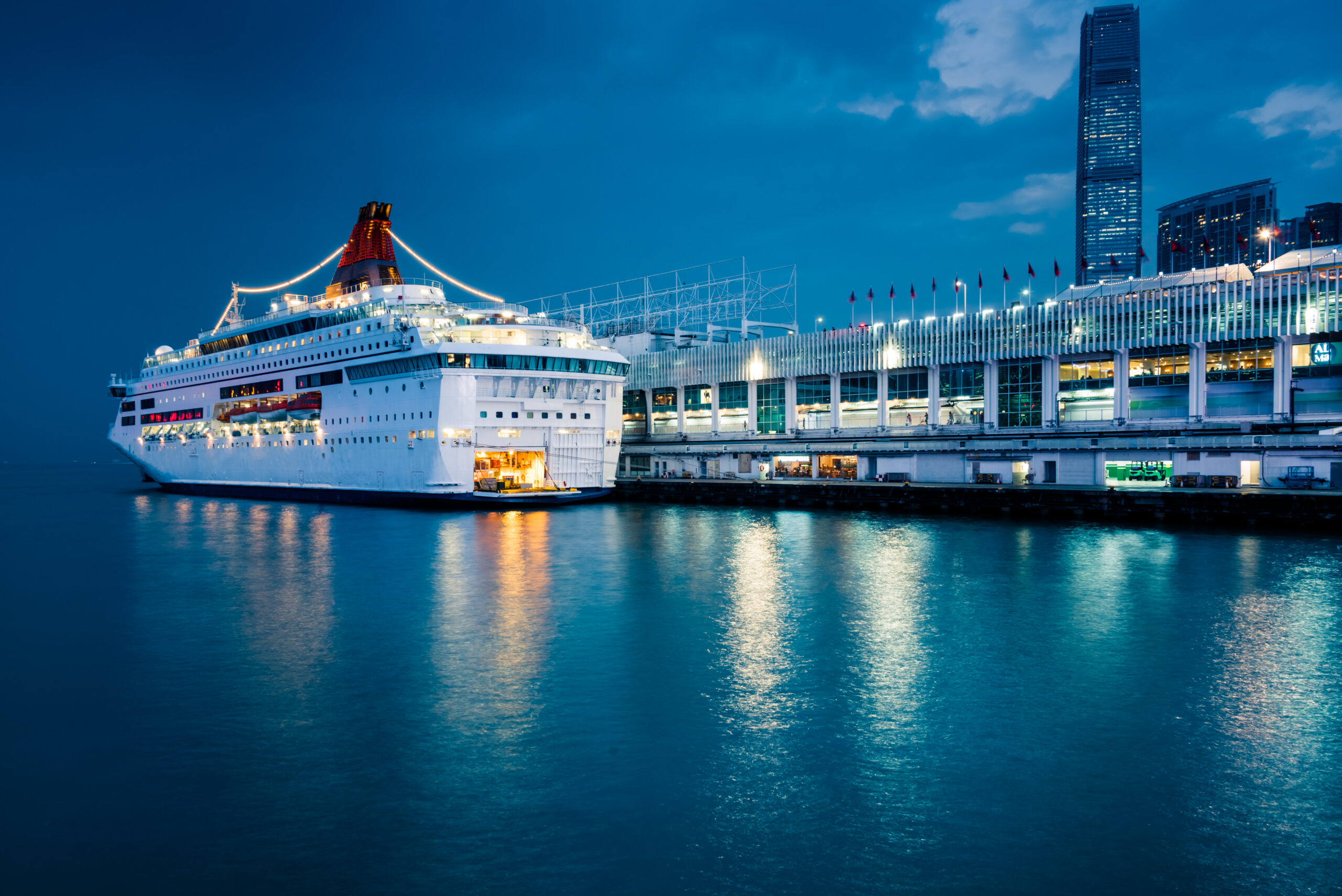Which Countries Will Face the 2025 U.S. Travel Ban?

On June 4, 2025, U.S. President Donald Trump signed a new presidential proclamation reinstating a travel ban that restricts or suspends entry into the United States for nationals from 19 countries. This policy, effective June 9, 2025, is part of the administration’s broader immigration agenda, citing national security concerns and inadequate identity-management systems in the affected nations .reuters.com
Countries Affected by the 2025 U.S. Travel Ban
The proclamation categorizes the affected countries into two groups based on the severity of restrictions:
Full Entry Ban (12 Countries)

Nationals from the following countries are subject to a complete suspension of entry into the U.S.:
- Afghanistan
- Burma (Myanmar)
- Chad
- Republic of the Congo
- Equatorial Guinea
- Eritrea
- Haiti
- Iran
- Libya
- Somalia
- Sudan
- Yemennypost
These restrictions apply to both immigrant and nonimmigrant visa categories .en.wikipedia
Partial Entry Restrictions (7 Countries)
The following countries face partial restrictions, affecting specific visa categories such as B-1 (business), B-2 (tourism), F (student), M (vocational student), and J (exchange visitor) visas:nafsa.org
- Burundi
- Cuba
- Laos
- Sierra Leone
- Togo
- Turkmenistan
- Venezuelacbsnews.com
These measures are based on concerns over visa overstays and inadequate cooperation in identity verification processes .nypost.com
Rationale Behind the Travel Ban
The Trump administration justifies the travel ban as a necessary step to protect national security. The decision follows a recent terrorist attack in Boulder, Colorado, involving an individual in the U.S. illegally. Although the attacker was from Egypt—a country not included in the ban—the incident has been cited as evidence of the risks posed by insufficient vetting of foreign nationals .en.wikipedia.org
The administration argues that the affected countries either harbor terrorist organizations, lack proper visa security cooperation, or have inadequate identification measures, making it challenging to verify the identities of their nationals .reuters.com
Exemptions and Waivers
The proclamation outlines specific exemptions to the travel restrictions:whitehouse.gov
- Lawful permanent residents (green card holders)
- Dual nationals traveling on a passport from a non-restricted country
- Diplomats and foreign government officials
- Athletes participating in major international sporting events
- Certain immigrant visa holders, including those for family reunification and adoption
- Special immigrant visa holders, such as those from Afghanistan
- Persecuted minorities from Iranreuters.com
Additionally, individuals who already possess valid visas as of June 9, 2025, are not subject to the new restrictions .reuters.com
Global Reactions and Implications
The reinstatement of the travel ban has elicited varied responses from the international community and human rights organizations. Critics argue that the policy disproportionately affects vulnerable populations fleeing conflict and persecution, such as Afghans under Taliban rule and Haitians escaping gang violence .apnews.com
Some analysts question the criteria used to select the countries included in the ban, noting the exclusion of nations like Egypt, despite recent security incidents involving their nationals .washingtonpost.com
The travel ban also has implications for international relations, with some countries expressing willingness to cooperate with U.S. authorities to address security concerns, while others view the policy as discriminatory .washingtonpost.com
Impact on Travel and Immigration
For individuals from the affected countries, the travel ban presents significant challenges:
- Visa Applications: New visa applications from nationals of the fully banned countries are likely to be denied, while those from partially restricted countries may face additional scrutiny and delays.
- Educational Opportunities: Students from the affected countries may find it difficult to obtain or renew visas for study in the U.S., impacting educational institutions and exchange programs.
- Family Reunification: Families awaiting reunification may experience prolonged separation due to the suspension of visa processing for relatives from the banned countries.
- Humanitarian Concerns: Refugees and asylum seekers from conflict zones may face increased barriers to finding safety in the U.S., raising concerns among human rights advocates.
Resources for Affected Individuals
For those impacted by the travel ban, the following resources may provide guidance and assistance:
- U.S. Department of State – Travel Advisories: travel.state.gov
- U.S. Citizenship and Immigration Services (USCIS): uscis.goven.wikipedia.org
- National Immigration Forum: immigrationforum.org
- American Immigration Lawyers Association (AILA): aila.org
Conclusion
The 2025 reinstatement of the U.S. travel ban marks a significant shift in immigration policy, with far-reaching implications for nationals of the affected countries. While the administration cites national security as the primary motive, the policy has sparked debate over its effectiveness and humanitarian impact. As the situation evolves, individuals and families affected by the ban are encouraged to seek information from official sources and consult with immigration professionals to navigate the complexities of the new restrictions.reuters.com






